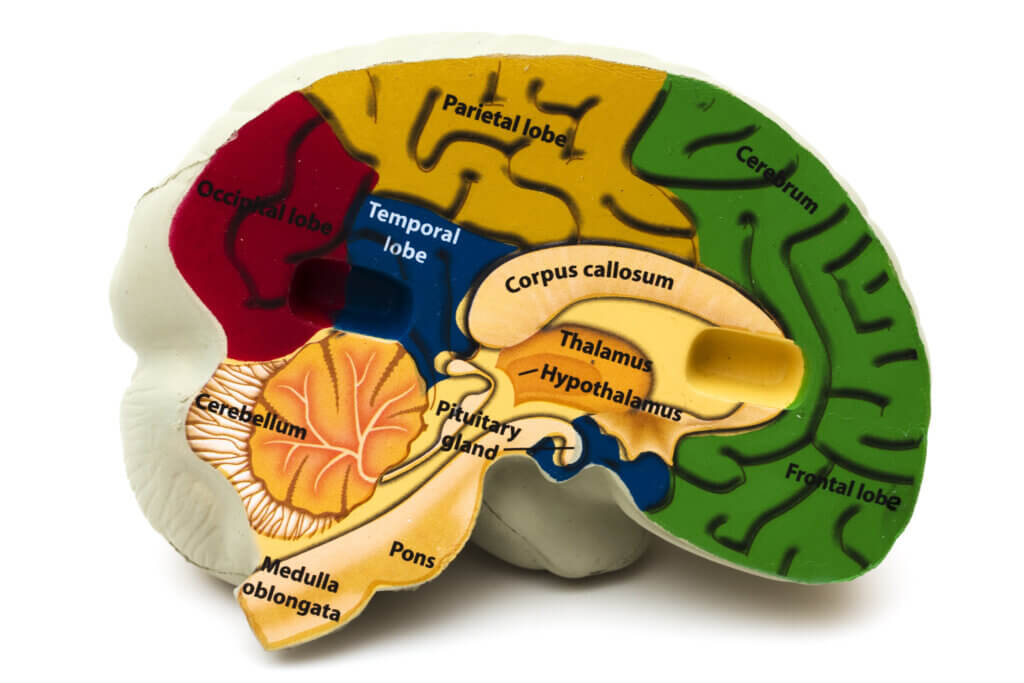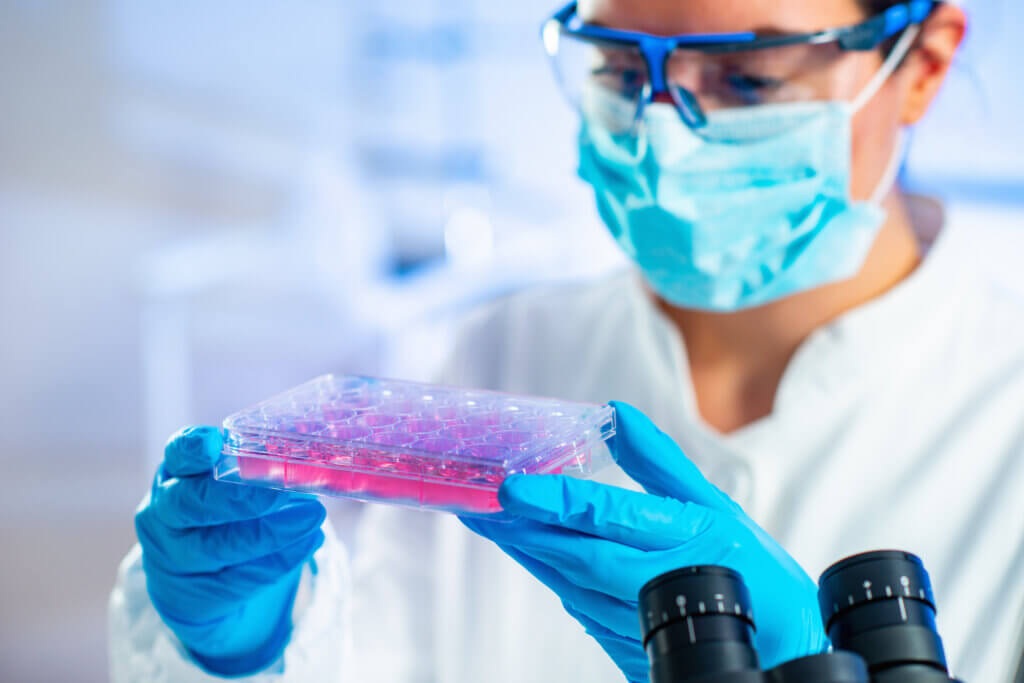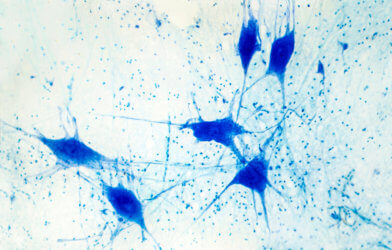A stunning transformation! Researchers have figured out how to turn human stem cells into functional pituitary cells capable of producing hormones. The findings offer hope for regenerative medicine in treating hypopituitarism, a condition characterized by hormone deficiency.
The pituitary gland plays a vital role in maintaining overall health by regulating crucial bodily processes like growth, metabolism, and stress response. Impairment of the pituitary gland can lead to various complications, including low blood pressure, growth disorders, and infertility.
Current treatments for hypopituitarism involve lifelong hormone replacement therapy, but a cure has remained elusive. The team at Nagoya University successfully generated purified pituitary tissue from pluripotent stem cells and formed hormone-secreting pituitary organoids. When transplanted into mice with hypopituitarism, the 3D pituitaries demonstrated long-lasting improvements in adrenocorticotropic hormone (ACTH) levels.
“This method of generating purified pituitary tissue opens new avenues of research for pituitary regenerative medicine,” says lead study author Dr. Hidetaka Suga, in a statement, adding that it could revolutionize treatment options for hypopituitarism.

The purified pituitary cells, arranged in pituitary spheres, exhibited high ACTH secretion capacity. Moreover, the engrafted 3D pituitaries in mice survived for six months, leading to sustained improvement in ACTH levels and appropriate hormone responses. The transplanted cells responded to corticotropin-releasing hormone, a key player in stress responses. The 3D pituitaries also showed a reduced risk of side effects associated with ACTH replacement therapy.
“Our strategies open new avenues toward high-quality pituitary cell production suitable for pituitary regenerative medicine,” Dr. Suga adds.
The team aims to continue developing clinical-grade cell lines and evaluate their efficacy in animal models. Their ultimate goal is to confirm the functionality of these products after transplantation, paving the way for potential clinical trials.
This breakthrough offers hope for individuals suffering from hypopituitarism and other hormonal disorders. By harnessing the power of stem cells, scientists are making strides towards personalized regenerative treatments that could alleviate the need for lifelong hormone replacement therapy. The future of pituitary regenerative medicine is bright, thanks to this groundbreaking research.
The study is published in the journal Stem Cell Reports.



-392x250.jpg)








